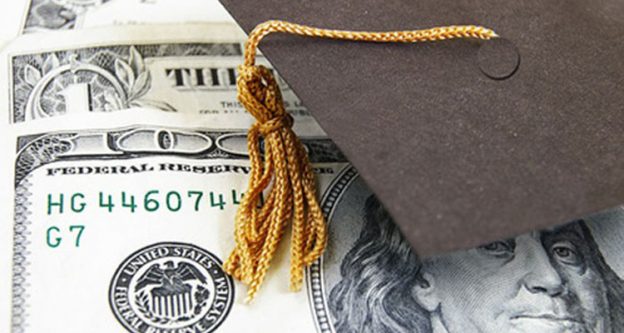Everyone with debt from student loans loves the idea of a forgiveness program. College is more expensive than it’s ever been. Thanks to excessively high-interest rates, even graduates who completed their studies would benefit from such a program. The reality, however, isn’t as good as it sounds. Student loan forgiveness programs have strict qualification requirements that most people can’t meet.
If you’ve stopped paying back your student loans because you heard about a forgiveness program, it’s time to reconsider and start making those payments.
Why student loan forgiveness programs are desirable
Student loan forgiveness programs exist to wipe away debt carried by some former students. Forgiveness programs are few and have tough qualifications. Unlike personal debt, it’s not easy to eliminate student loan debt without paying it off.
People want forgiveness programs because standard debt reduction strategies don’t apply to student loans. Consolidation loans, for example, are one of the best ways to eliminate debt and reduce interest rates, but student loan debt can’t be consolidated. There’s also no statute of limitations on student loan debt – it will follow you forever.
Forgiveness programs aren’t working as intended
The idea of forgiving student loans is wonderful, but unfortunately, it’s not working as planned.
The most well-known forgiveness program is the Public Service Loan Forgiveness program signed into law in 2007. This program was created to forgive the debts of public servants working for the government and non-profit organizations.
The goal of the PSLF program is to help borrowers with high levels of debt to pursue their careers without debt hanging over their heads. Unfortunately, this program has yet to make good on its promises. As of December 2018, only 206 applicants out of 41,000 have been approved for the PSLF program, which essentially means there’s a 99% rejection rate. The reason? Strict requirements that were rarely, if ever, communicated to borrowers.
To qualify for this program, borrowers must:
• Have a direct federal loan (not indirect)
• Be enrolled in an approved repayment plan (some repayment plans don’t qualify)
• Be employed in a government job or work for a 501(c)(3)
• Have made 120 payments on time (not necessarily consecutive) with one catch
Borrowers who regularly paid more than their required minimum payment may be out of luck due to the way those payments are processed in the system. Making higher payments puts borrowers in paid-ahead status, which pushes out the due date of their next payment, which then disqualifies that payment as an on-time payment in the eyes of PSLF.
In other words, say you have $300 due on January 10, and you pay on time, but you pay $500 instead. You’re put into paid-ahead status, and your next due date might be February 25. Say you pay another $500 on time by February 25. That payment is considered late because the previous payment pushed the due date out. Your next payment will be considered late as well because you’ll be put in paid-ahead status again.
Even though the lender changed your due date, you suffer the consequences. It doesn’t make sense and it’s not fair, but that’s the reality of this program.
With all of this coming to light, it’s clear something isn’t right. The problem is so apparent, according to MarketWatch, the American Federation of Teachers is launching an investigation into how student loan companies and the government may have sabotaged the program.
If you don’t qualify for the PSLF program, there’s one other program you might qualify for if your school closed.
Debt forgiveness for closed schools
In December 2018, the Department of Education (DOE) announced it will cancel $150 million in federal student loan debt. This forgiveness will be applied to some students whose schools closed before they could finish their program. The schools include:
• Charlotte School of Law
• Kaplan University
• DeVry University
• ITT Tech
• Everest College
• Brookstone College
• Brightwood College
Even though tens of thousands of students were affected, not everyone will qualify for this program. It’s unclear how the government will determine qualifications, but if you qualify, you’ll get a letter from the DOE.
If you didn’t attend one of the colleges listed above, and your college didn’t close before you were able to complete your degree, you definitely won’t qualify for this program.
Don’t wait for a forgiveness program
It’s clear that student loan forgiveness programs aren’t easy to qualify for, even when you think you meet the requirements. Don’t wait for a program you qualify for. Start repaying your loans to the best of your ability. Arrange to pay what you can afford and get your loan in good standing. If a better forgiveness program is created under a new administration in the future, being in good standing might help you qualify.




